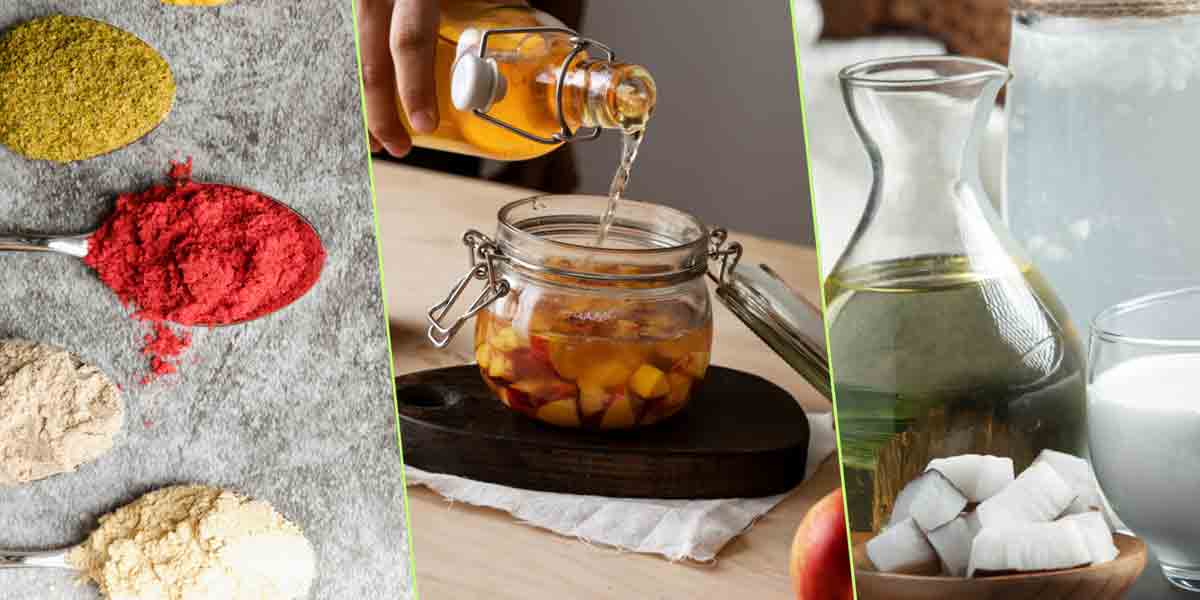
By Teresa May Bandiola
Lianhua Qingwen (LHQW), a Chinese supplement approved by the Philippine Food and Drug Administration (FDA) for mild Covid-19 symptoms, continues to gain popularity and controversy.
A Chinese research claims that it has been used for viral infections for more than a decade, including Severe Acute Respiratory Syndrome (SARS) in 2002–2003.
The Chinese researchers also claim that LHQW is a classical Chinese medical preparation and that its capsules or granules are consist of 11 herbs, gypsum, and menthol which are recorded in the 2015 Edition of the Chinese Pharmacopoeia.
It includes forsythia, honeysuckle, ephedra (ma huang), armeniacae, gypsum, isatis, dryopteridis, houttuynia, pogostemon, rheum, rhodiola, Chinese peppermint (bohe), and liquorice.
In particular, the Chinese herb ma huang, scientifically known as Ephedra sinica, is where the drug ephedrine is extracted from. The Dangerous Drug Board (DDB) considers ephedrine as a dangerous drug, and those found to be sources are also classified as dangerous drugs.
The DDB, however, had no objections to the product registration of LHQW with the Philippine FDA and said that the importer or distributor shall secure the proper license from the Philippine Drug Enforcement Agency (PDEA) and comply with all regulatory requirements and relevant issuances.
Ephedrine is an amphetamine-like compound, which is an addictive stimulant of the central nervous system. It has a history of abuse by athletes due to its ability to increase energy and alertness and help weight loss. Ephedra was banned from the Olympics and other sport events, even in the US military.
As a drug, ephedrine is a decongestant and bronchodilator. It is used for temporary relief of shortness of breath, chest tightness, and wheezing due to bronchial asthma. It is also for prevention of low blood pressure during anesthesia.
Just because a supplement is derived from natural sources does not mean it is safe. Ephedra increases heartbeat and blood pressure. Common side effects are heart palpitations, nausea, and vomiting. Some notable dangerous reactions include heart attacks, strokes, seizures, and sudden deaths.
In addition, it can also interact with other compounds and herbs. Particularly, when ephedrine is combined with caffeine (coffee), it can lead to significant cardiovascular, metabolic, and hormonal responses.
Because LHQW has multiple ingredients, other possible interactions with any of its ingredients could also occur.
What’s more, after FDA’s laboratory analysis of LHQW, it was found to comprise only 9.14 milligrams of ephedra extract and not the previously claimed 85 milligrams on its product indication. Also, its packaging is in Chinese characters and needs to comply with FDA’s labeling requirements written in English.
While DDB notes the FDA’s approval of LHQW as a traditional herbal product that may help relieve fever, muscle soreness, stuffy and runny nose associated with Covid-19, the DDB also believes in preventing diversion and unsafe use and abuse of this product without hampering the access to it. The product should be prescribed by a physician with a PDEA S-2 license. It can not be bought over-the-counter and not recommended for self-medication.
The general public is reminded that LHQW is only a traditional Chinese medicine and not a therapeutic drug for Covid-19. To add, the online sale and distribution of this product is prohibited and those engaging in this activity violate the R.A. 10918 or Philippine Pharmacy Act.
Teresa May Bandiola is a licensed pharmacist, a published writer, and a university instructor. She can be reached at bandiolateresamayb@gmail.com.























